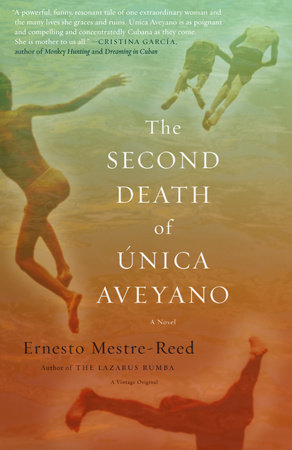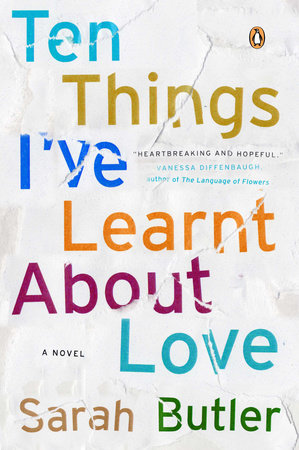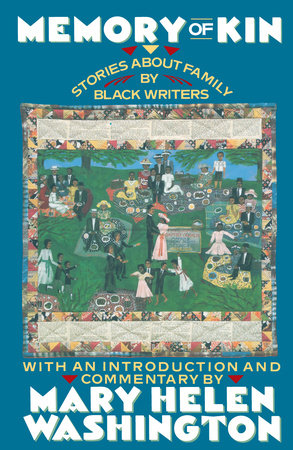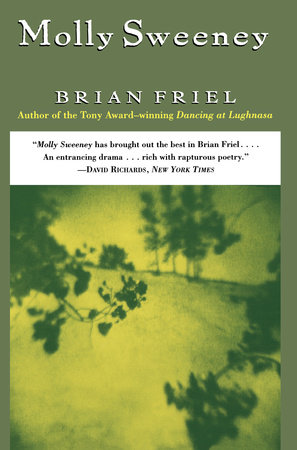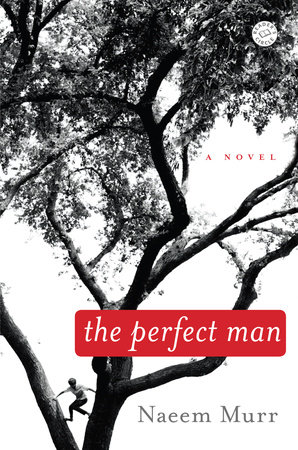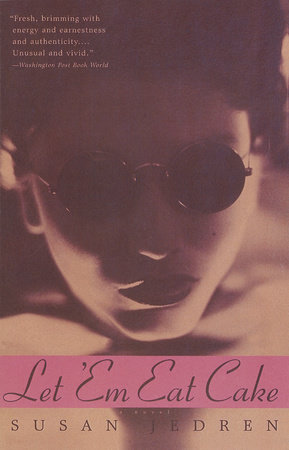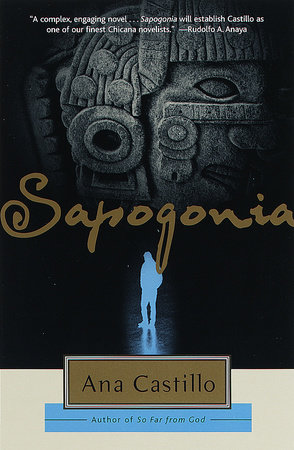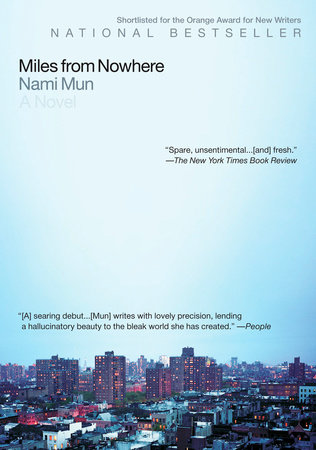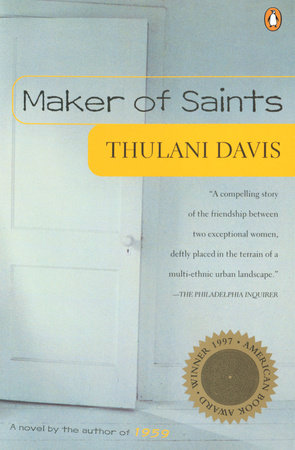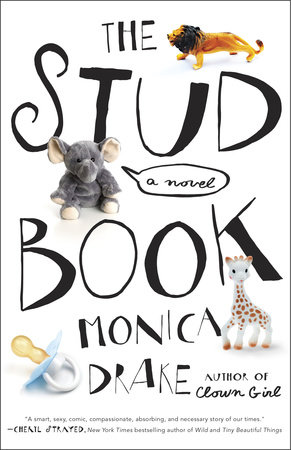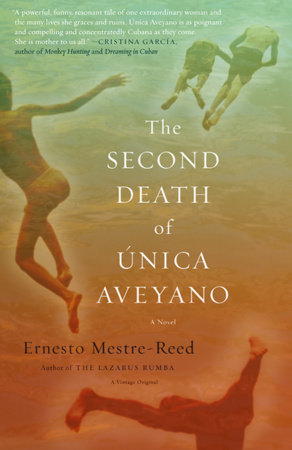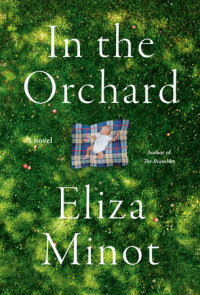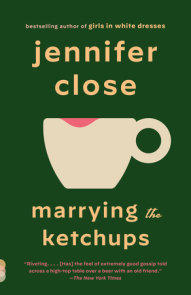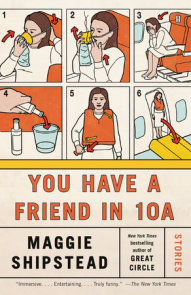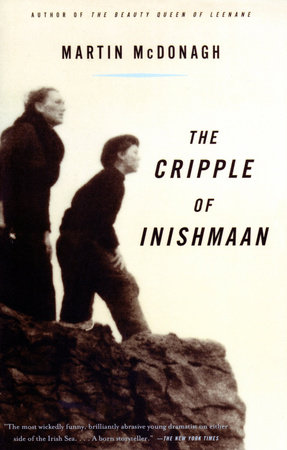Author Q&A
An Interview with Ernesto Mestre-Reed, author of THE SECOND DEATH OF ÚNICA AVEYANO
Q: THE SECOND DEATH OF ÚNICA AVEYANO deals with an older woman’s encounters with her mortality and with the torrent of memories dealing with her family and with her homeland. How did you begin the story? Was it rooted in personal experience?
A: No. Not wholly in personal experience. The germ of the story was planted a while back, when I was still bartending on weekends to make ends meet, one of my customers told me a story about an older couple, I think from Long Island, who had committed suicide together by simply walking into the Atlantic Ocean. She was ill with cancer and he had decided he couldn’t live without her. Who knows if the story was true or not, but it stayed with me for a couple of years, till I woke up one morning and started writing about Única’s walk to the ocean. She was Cuban, of course, so in that way is was personal for me, and she was alone, so already I knew that she was different than the old woman in the story I had heard.
Thomas Mann once said that no writer should be stupid enough to get up one morning and go to the keyboard and decide that they are embarking on a 400 page novel. The concept is just too overwhelming, especially for young writers. So with Única I did what I always tell my students to do with their characters, I started following her around, hanging out with her, just to see if there was enough there, to write a novel or if not a short story.
Q: And apparently there was enough?
A: Eventually, yeah, after about six months of stalking her! I got lucky with Única; but after finishing my first novel I had done the same thing with five or six other characters, lived with them for a few months and then just got bored with them, not enough there for even a ten page story. But Única kept my interest (as I kept hers, I hope) for a nice three year relationship. Which is the one thing that I think best compares to writing novels, the relationships we have with our loved ones.
Q: On that note, how is this second novel different than your first novel, THE LAZARUS RUMBA? On the surface, they appear to be radically different works. Was the experience of writing each very different?
A: There is nothing like the experience of writing a first novel. Going back to the relationship analogy, it’s like your first love. And no one ever forgets their first love! There is a certain freedom, abandon, a sense of optimism about the world any time you experience a thing for a first time. There is an excess, an exuberance, to the way that I wrote my first novel that I don’t think I will ever be able to match again, or at least not till I am very old man and let myself write like a first novelist again. In a more scholarly light, Saul Bellow once said that his first novel was like his dissertation, a place where he was learning and experimenting with the craft that he would perfect in his later works, and I think that that rings true as well. Everything is allowed in first novels and in first loves, that’s the beauty of it. That being said, in writing my second novel I felt much more “grown up”, much more of a craftsman, much more aware of the details of the process.
Are they radically different works? On some levels, Única is much more intimate, much more focused on one specific character, whereas Rumba seems to want the want to swallow the world whole at once, and spit it back out remade. But on another level, they deal with very similar topics, specifically with the main characters Alicia Lucientes and Única Aveyano, both unbelievably stubborn Cuban women, at war with their memories and with the uncertainty of their futures.
Q: Before we get back to Única, a question about that, about how in both these works it is women who struggle to keep families together, who come out as the great heroines. What are you saying?
A: There is an old Cuban adage that probably answers that question better than I ever could. “In Cuban families,” it goes, “it is always women who have the most cojones.” I was raised by women, my mother, my aunts, my grandmothers, men kept their distance from children, as they do in most Latin American families, so I know women better, and I think that my work, and much of Latin American literature, reflects that.
Q: OK, back to Única. You said that right away she was different than the woman in the story you had heard? That she was alone in her walk to the sea. Was it her relationship to her husband Modesto that was different? Can you talk about that?
A: One of the early reviews of the novel described Modesto as the “mournful husband, who is sick at the thought of being left behind,” and I found that very perceptive, encapsulated perfectly. I think that from the very first moment that he meets her and falls drastically in love with her, he has always been running a little behind her, so it is no wonder that at this time of her greatest crisis he should feel this more fully. With this marriage, I wanted to explore something that I have seen very often, both in life and in literature, where there is love flowing both ways, but where the lover (Modesto in this case) always feel that the beloved is a little bit out of hand’s reach, both physically and emotionally. But to me Modesto is the most noble character in the novel, the one that most lives by his convictions, the foremost one being his adoration for his wife, and in turn for his son, and grandson and daughter-in-law.
Q: The daughter-in-law Miriam is crucial here, she falls in love with the son Cándido, they have a turbulent marriage and eventually she takes her son away from him to go live in the States. Can you talk about Miriam and Cándido and how they shed light on other aspects of the novel?
A: I gotta say, it wasn’t till I started to be asked questions about this novel that I realized what a bleak portrait of marriage I may have drawn. But on thinking it over, I have to say rather than bleak I now think of them as marriages that were never let to die, that were still alive in whatever tormented way. And this is definitely true of Candido and Miriam. He is a wild soul, she a pragmatist. It could never have worked, yet they fell in love, and it influenced the course of their lives. It might have been different had they not borne a son, but once she takes him away from him to go to the United States, much of the drama, about familial responsibility, about the ambivalence of freedom, that is central to the novel comes to a head.
Q: And the son Patricio and his relationship to Única’s male nurse Lucas becomes the third part of the triptych of “marriages” that make up this novel, right?
A: Right. As a gay writer, I felt it was important for me to explore this type of marriage as well. There is one crucial moment where Única asks Lucas if he knows that Patricio will never be able to love him outright, which in a sense is a moment of great self-revelation, a confession of sorts of what she has not been able to do with her doting, and most loving husband. But in the end, she watches Lucas and Patricio as if there is some mystery in their relationship, some strength, which she has never been able to find in her own to her husband, and that if she can equate it to anything, it is to the obsessive and tormented feelings that she felt for her son Cándido, Cándido, who in many ways represents the sort of dangerous liberation that ties much of the personal drama in the novel to the political landscape where it takes place.
Q: Can you elaborate on that for a moment; much of the present day action takes place during the Elián Gonzalez affair. How is that important?
A: The Elián Gonzalez affair was a watershed moment in that it exposed some of the nastiest characteristics on both sides of the Florida Straits, the thought of this child being used as a pawn by both the Miami exiles and the government in Havana I found abhorrent. It was a lose-lose situation on both sides, but it made real for Americans, at least, what this extended cold war with Cuba was really about, not a duel between two governments, but a war between and about families. I tried to play out some of the consequences of that war in my novel, trying as much as possible not to take sides, to stay true to the characters above all. Trying just to be the best kind of writer, he who observes without judgment.
Q: On that note, do you think yourself a Cuban writer, an American writer, a gay writer?
A: I have said in previous interviews that I consider myself a Cuban writer who writes in English, but I think that I am beginning to change my mind about that a little bit. There will always be Cuba and Cubans in my novels, there will always be homosexuality and gay characters, there will always be the United States also, both as it is imagined by outsiders and as it is lived in by its citizens. One of the things that I was most proud of with Única was that I was able to set a lot of it in my home, Brooklyn, one of the most beautiful cities in the world. So I am also a Brooklyn writer, please don’t forget to list that!
